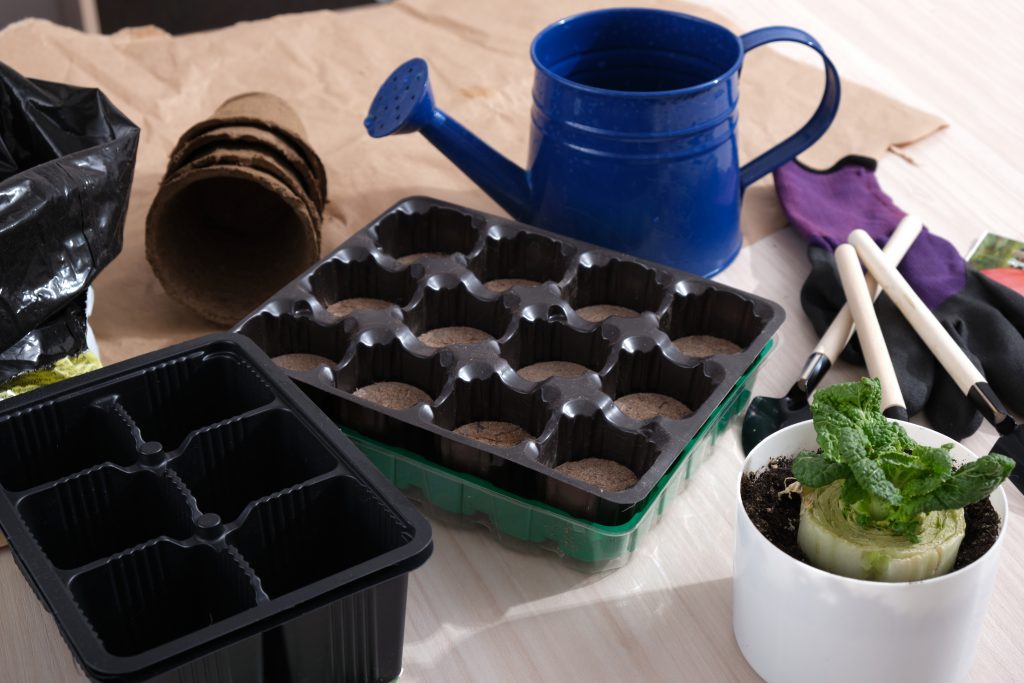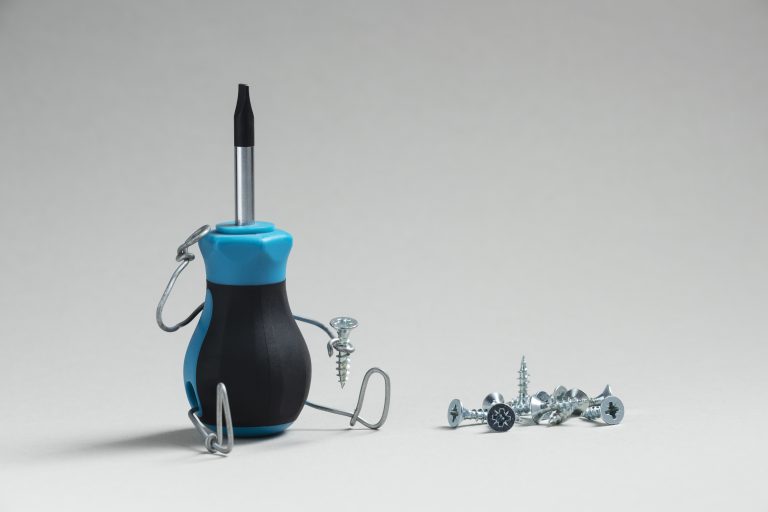Plastic is becoming more and more popular as a material used for gardening and landscaping. It is tough and durable, meaning that it can be used for a number of applications and be left outdoors without deteriorating too rapidly. Plastic garden tools are inexpensive, easily made using plastic injection moulding techniques and can be used for a myriad of outdoor jobs. Likewise, landscaping plastics are far more durable and attractive to look at now than they used to be, and offer a wealth of advantages over other materials such as wood, natural fibres and even metal.
How can plastic tools be used in the garden?
There are many plastic applications in the garden that can make the lives of amateur gardeners, allotment holders and professional horticulturalists easier. Plastic garden tools can be found at garden centres, builder’s yards, hardware stores, supermarkets and elsewhere. Trowels do not have to be made from metal, for example. Plastic trowels can be just as resilient to use and easier to clean. Their softer edges make them ideal for transporting young, delicate seedlings. Plastic wheelbarrows are also highly effective in the garden, offering durability and lighter weights for easier manoeuvring. Plastic is also good for protecting plants from frosts, keeping pests away from foliage and seeds and trapping moisture in the soil.
Why choose plastic garden tools?
Using plastic garden tools brings several benefits, both to the pocket and to how well your garden, allotment or smallholding flourishes. Theya re light to carry around, yet strong enough to tackle difficult garden jobs, such as digging, hoeing and raking. Plastic garden tools tend to be inexpensive, meaning that you can buy a wider variety for different jobs. Trowels, forks, spades, rakes and hoes can be cleaned more easily if made from plastic and will not be prone to rust as metal is, or rotting like wooden implements. They can be left out in the sun without deteriorating and will not degrade quickly if stored in a damp shed or too high or low a temperature.
Why work with landscaping plastics?
There are similar advantages to working with landscaping plastics over natural; fibres, woods and metals. Depending on the type of polymers used in the plastic injection moulding process, landscaping plastics can be flexible or rigid, opaque or transparent and recyclable or designed for multiple uses for cost-effective, sustainable landscaping. Plastic sheeting can help soil retain moisture, keep birds and bugs at bay and protect vulnerable plants from frost or bright sunlight. Plastics can look as attractive as other options too, for such landscaping applications as lawn edging, garden ornaments, water features and awnings.
Other outdoor uses for plastics
Plastic is becoming as ubiquitous in the garden as it is inside the house. This is due to its durability, resistance to UV rays from the sun, chemicals, rust and moisture. Plastic is easy to clean, lightweight to move around and install and is incredibly strong and robust. Alongside plastic garden tools and landscaping features, plastic can be highly effective for outdoor furniture such as tables, chairs, recliners and sun parasols. It can be used to manufacture outdoor lanterns and casings for solar lights. Plastic is also ideal for plant support structures, plant labels, cloches, garden pond covers, bird feeders, polytunnels, hoses and sprinkler systems. It is also a popular packaging solution for compost, fertilisers, lawn feed, flowerpots and more due to being waterproof and strong.
How to prolong the life of your plastic garden tools and landscaping plastics?
While plastic is a durable material that can be used outdoors, there are steps that you can take to protect it from the elements. When stored outside, plastic can become dirty and stained from the soil, insects and other debris. Get into the routine of washing your outdoor plastics regularly. Brush your plastic objects first with a soft brush to get rid of any loose dirt or cobwebs. Then, a wash down with soap and water is often enough to shift all but the most stubborn stains, followed by careful drying with a paper towel or cloth. You can buy specialist protective products to clean and coat your plastic garden tools and furniture to repel dirt and debris. Store plastics in a shed or use a protective cover during winter frosts and periods of high humidity and extreme temperatures.





